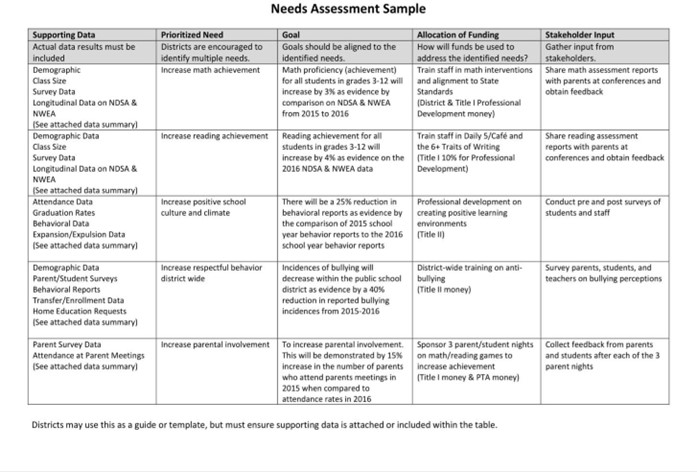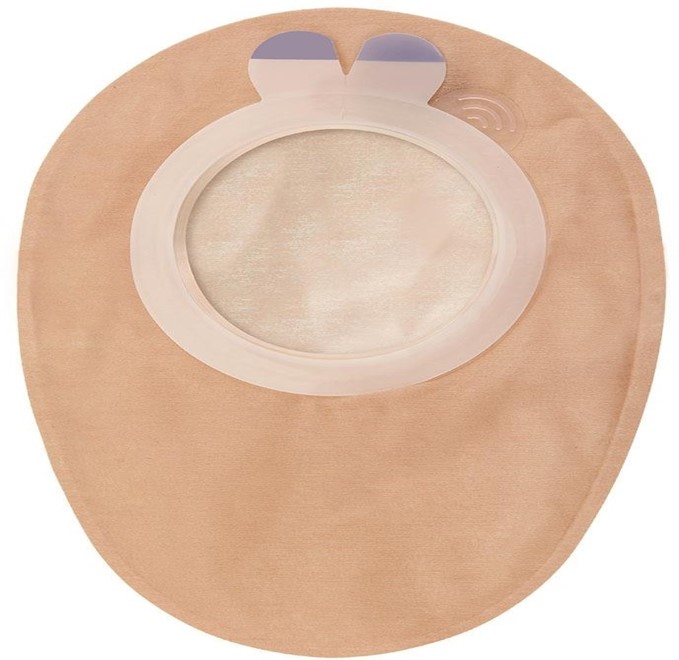A group of nurse managers is asked to engage in a needs assessment for a piece of equipment that will be expensed to the organization's budget. Which question is most important to consider when analyzing the cost-benefit for this piece of equipment?
Can the equipment be updated each year?
How many departments can use this equipment?
Is the cost of equipment reasonable?
Will the equipment require annual repair?
The Correct Answer is B
Choice A Reason: The ability to update the equipment each year may be desirable, but not the most important question to consider. Updating the equipment may incur additional costs and may not be necessary or feasible depending on the type and function of the equipment.
Choice B Reason: The number of departments that can use the equipment is the most important question to
consider, as it reflects the potential impact and benefit of the equipment for the organization. The more departments that can use the equipment, the more efficient and cost-effective it will be.
Choice C Reason: The cost of equipment is an important question to consider, but not the most important one. The cost of equipment should be compared with the expected benefits and outcomes of using the equipment, not just in terms of monetary value, but also in terms of quality of care and patient satisfaction.
Choice D Reason: The need for annual repair is an important question to consider, but not the most important one. The need for annual repair may indicate the reliability and durability of the equipment, but it may also depend on the frequency and intensity of use, and the availability and accessibility of maintenance services.

Nursing Test Bank
Naxlex Comprehensive Predictor Exams
Related Questions
Correct Answer is ["B","C"]
Explanation
Choice A Reason: Identifying locations of skin lesions on a newly admitted client is a nursing assessment that requires clinical judgment and cannot be delegated to the UAP.
Choice B Reason: Emptying the ostomy bag for a client with a temporary colostomy is a routine task that does not require clinical judgment and can be delegated to the UAP.
Choice C Reason: Providing a complete bed bath for a comatose client is a routine task that does not require clinical judgment and can be delegated to the UAP.
Choice D Reason: Performing foot care including toenail trimming and heel care is a nursing intervention that requires clinical judgment and cannot be delegated to the UAP. The UAP may cause injury or infection to the client's feet, especially if the client has diabetes or peripheral vascular disease.
Choice E Reason: Giving mouth care to an elderly client who has a tracheostomy is a nursing intervention that requires clinical judgment and cannot be delegated to the UAP. The UAP may cause trauma or aspiration to the client's trachea, especially if the client has poor oral hygiene or respiratory secretions.

Correct Answer is B
Explanation
Choice A Reason: Demonstrating how to complete an adverse occurrence or variance report is important, but not the most important objective. This report is a tool for quality improvement and risk management, but it does not prevent litigation by itself. The nurse should also communicate effectively with the client and/or their family, and document the incident and the actions taken.
Choice B Reason: Discussing how to handle complaints from clients and/or their families is the most important objective, as it can help prevent or resolve conflicts, and avoid escalation to legal action. The nurse should listen empathetically, acknowledge the client's feelings and concerns, apologize if appropriate, explain the situation and the plan of care, and involve the supervisor or other resources if needed.
Choice C Reason: Describing how to obtain legal services if needed is relevant, but not the most important objective.
This objective implies that litigation is inevitable or expected, which may create a negative or defensive attitude in the staff nurses. The nurse should focus on preventing litigation by providing safe and quality care and building trust and rapport with the clients and/or their families.
Choice D Reason: Maintaining personal malpractice insurance is advisable, but not the most important objective. This objective may protect the nurse's personal assets in case of a lawsuit, but it does not prevent litigation from occurring. The nurse should follow the standards of practice and the policies and procedures of the organization, and document accurately and thoroughly.
Whether you are a student looking to ace your exams or a practicing nurse seeking to enhance your expertise , our nursing education contents will empower you with the confidence and competence to make a difference in the lives of patients and become a respected leader in the healthcare field.
Visit Naxlex, invest in your future and unlock endless possibilities with our unparalleled nursing education contents today
Report Wrong Answer on the Current Question
Do you disagree with the answer? If yes, what is your expected answer? Explain.
Kindly be descriptive with the issue you are facing.
